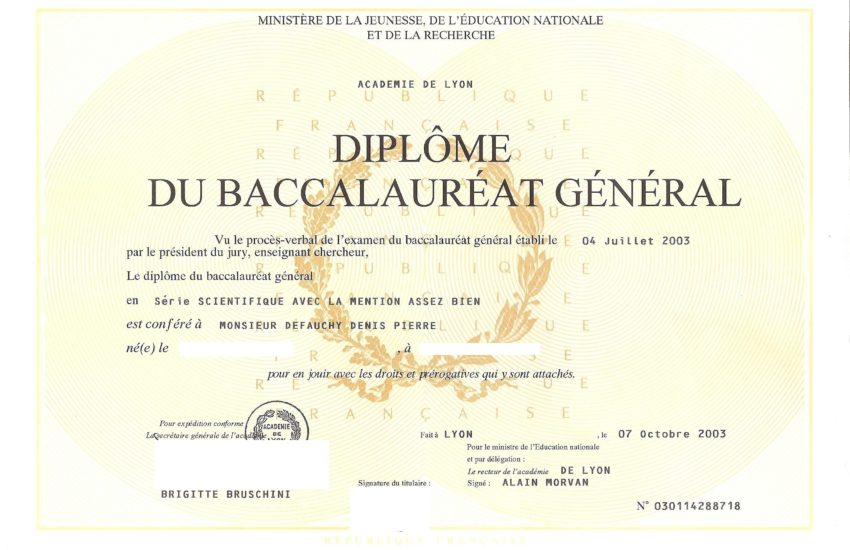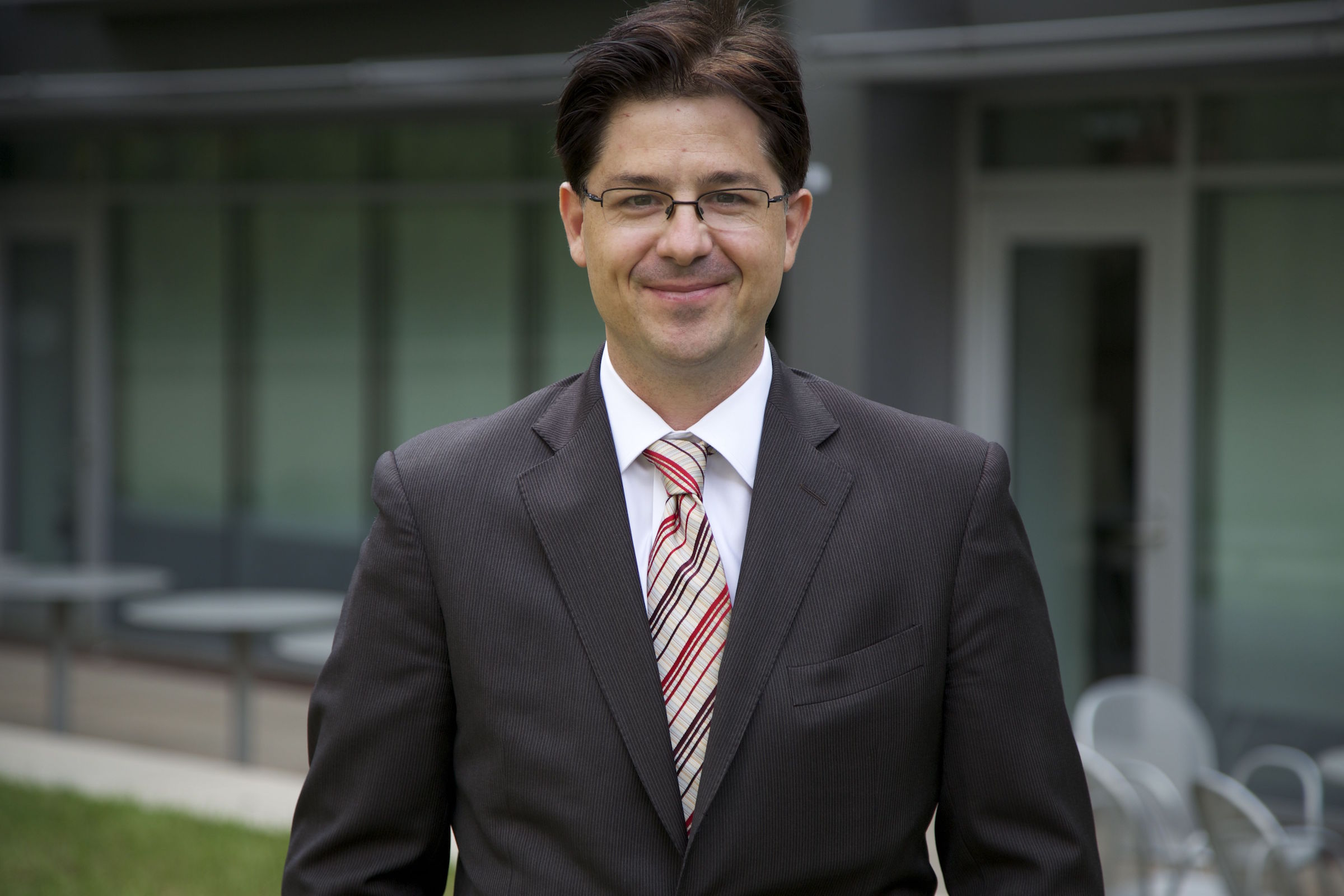For the past year, the French government of President Emmanuel Macron, under the guidance of French Minister of Education, Jean-Michel Blanquer, has been working to overhaul the French Baccalaureate exam. The Bac changes will take effect for students across the French educational system beginning with the Class of 2021 (our current Y9 students). A gradual introduction to the new Bac will begin for our students entering Y10 next year, with full implementation for these students as they enter Y11 in 2019. Students in the classes of 2019 and 2020 will not be affected by this reform.
Though much of the details are still being fleshed out. We asked Nicolas L’Hotellier, Proviseur adjoint-Director of Secondary, a few questions about the new bac.
Why did the French government decide to reform the French bac?
Established 200 years ago under Napoleon, the French baccalaurate is the backbone of the world-renowned French educational system. The reforms are designed to keep the exam and French education at the forefront of teaching and learning around the world. They will give students more choice of subjects, create a better “springboard to the top,” by strengthening the connection between high school and university, and help schools embrace significant changes in skills and dispositions needed for 21st Century learners and workforce. With the Lycée’s own advancements in our curriculum well under way, our school is well positioned to embrace these changes that will enhance our program in the years to come.
How will the structure of the exam itself change?
As Lycée graduates and Y12 students know well, the current Baccalaureate consists of about 12 exams that take place beginning in Y11, with a concentration of them at the end of their senior year.
In the new bac, students will take a total of only five final exams between Y11 and Y12. In Y11, students will take a French-language exam, similar to what they take today, with both written and oral exams, and some modifications that are still being defined. In Y12, instead of 10+ exams, students will have only four exams: two subject tests of their choosing, one oral exam, and a philosophy exam to be taken by all students.
How will the new Bac be graded?
In the new Bac, the five major exams comprise 60% of a students final grade. Alongside these end-of-year exams, the plan is to implement regular ongoing assessments (contrôle continu) that we expect to be given in January and April of Y11, and then again in December of Y12.
In addition, report-card grades will be calculated into final grades on the Bac, but the details and impact are still being worked on.
What happens to L, ES and S, in the new structure?
One of the most important areas of this reform will mean the end of our track system of L, ES and S, and a new focus on cross-disciplinary subject areas, akin to what we have already been developing at the Lycée. The renowned rigor of the French system is not going away, rather students will be given more choice in certain categories of subjects based on their interests and future plans.
Classes will be structured in two general categories with some choice given to students in each.
The first, the socle culture common, offers a series of classes that all students are required to take, regardless of their area of focus. The socle commun includes French, philosophy, history and geography, PE, Modern Languages 1 and 2.
The second, disciplines de spécialté, (or specialized areas of study), will offer students a menu of choices across categories of classes in such areas as the arts (music, visual, film), history and geography, geopolitics and political science, mathematics, science, information technology, engineering. Students will choose three disciplines in Y11 and two disciplines in Y12, with a menu of courses ultimately selected by each school.
The disciplines proposed such as humanités, littérature et philosophie or numérique et sciences informatiques, are fascinating areas of cross-disciplinary study. A final proposal of new programs and subjects will be introduced to schools across France in December 2018 and will play an significant role in planning for the school moving forward.
How will the school decide which disciplines to offer?
Given the multitude of choices in disciplines that schools will have, it would be next to impossible for a school to offer all of them. We expect some organization principles and choices to be left with us schools based on our students needs, areas of study, etc. At the Lycée, we are a bilingual program, and we will be working very closely with our entire teaching team in consultation with our families, students and the Board of Trustees as we map out a plan that best meets the needs of our diverse community of students, our mission and the objectives of our strategic plan.
What will reform mean for our OIB and BFA exams?
An essential question for our community is what the changes will mean to the future of our bicultural and binational programs, such as the Franco-American Baccalaureate and the International Option of the French Baccalaureate. The reforms have addressed the fact that a special approach will be applied to students who take an international approach to their work.
The reform will give leeway to schools, allowing us to assert the uniqueness and mission of our schools, with a goal of giving our students a most revelant and engaging program possible for a changing world.
About the Author :
Originally from Alsace, Nicolas L’Hotellier has been the Assistant Head of School at the Lycée since 2009. After obtaining a master’s degree in mathematics and a teaching diploma, he taught for five years in France and then served as Assistant Principal in a collège and a lycée. In 2008, he obtained a master’s in management specializing in the administration of public educational organizations. He likes to foster students’ curiosity and encourages respect for others in all students. Nicolas is married and the father of two boys.


